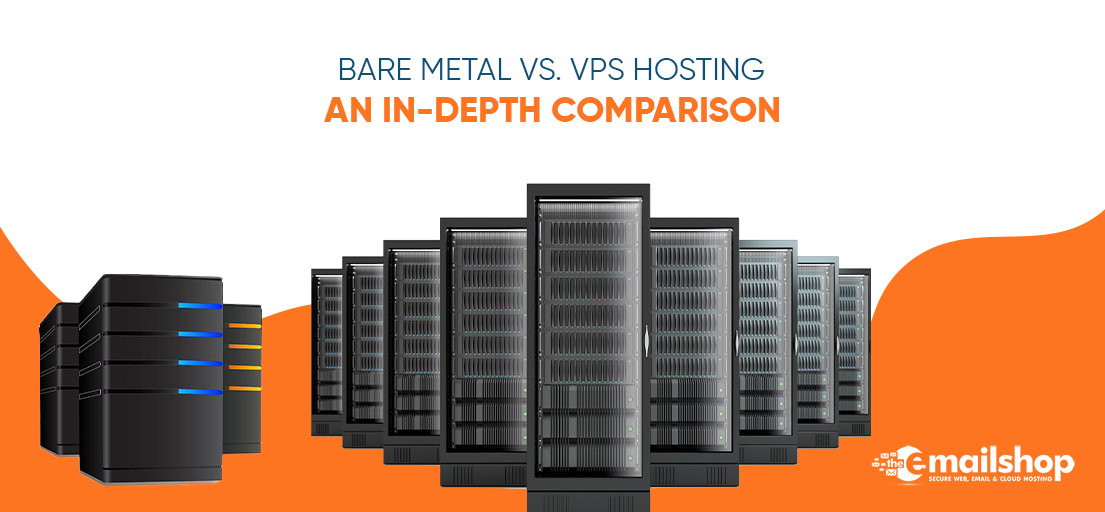The website is of no use if not hosted on the internet. Web hosting is the same as renting a space and giving out the address so can people find the business online. Websites can be hosted on any hosting service but cloud and shared hosting services are the most popular ones. This article will explain which one of them is better in terms of features and services and which one to choose.
The difference between shared vs cloud hosting is that shared servers have multiple websites and the cloud allows the website to be hosted on multiple servers. shared hosting has been around the market for a very long time and cloud hosting came 2 decades ago.
Cloud Hosting
A cloud hosting website is hosted on multiple servers instead of hosting on a single server. In the matter of any technical fault, the website can be migrated to another server. Cloud hosting gives a website access to endless resources available from distributed servers. Since servers are everywhere means there’s more storage space, increased performance, reliability, and high flexibility. Cloud hosting gives a better scalable and robust architecture that’s easily manageable.
Shared Hosting
In shared hosting services a single server is divided between multiple users. Each server is hosting multiple websites of different users and each user is sharing resources, bandwidth, database, and disk space storage. This is one main reason why shared hosting is usually the cheapest form of hosting. Shared hosting requires a dedicated web server provided by the web hosting provider.
Features
-
Uptime
Shared hosting guarantees high uptime of 99.99%, however, it is challenging to provide `this because of the shared resources and services. In reality, if a website is experiencing exceptional high traffic can cause downtime problems for all the websites hosted on that server.
Cloud hosting has high uptimes as the users are on a single server. If a website is facing any downtime or performance issues it will be moved to another server.
-
Support
Cloud hosting tends to have more features. They provide unlimited everything, from storage, bandwidth, and databases to 24/7 customer support.
Shared hosting is prone to unlimited limits. However, they promise unlimited resources and fast support and maintenance
-
Free Features
Shared web hosting companies attempt to attract a large client base by giving them free bonuses that include free domain names, free web transfers, and website builders.
Cloud users are not prone to such offers or have very limited options.
-
Performance
Shared hosting has shared resources which lower the speed and optimization. However, some companies are performing well in this aspect.
loud hosting offers an ultra-fast, auto-scalable, and customizable hosting platform. In the case of high traffic, the site doesn’t face any downtime.
-
Security
In shared hosting, the security is dependent on databases and applications which make them vulnerable to intruders. Therefore web hosts recommend users;
- keep their computers safe by installing reliable updates and antiviruses.
- use strong passwords and hold Cpanel passwords away from any files on the account.
- turn off unwanted options on PHP settings to enhance security.
Cloud hosting security management deals with issues using security control and the hosting service has also included encrypted algorithms to protect privacy and data.
-
Speed
The problem with top shared hosting providers is that the servers with shared hosting resources are almost always full. This means that if one website gets an unexpected inflow of traffic, all the other websites will face the effects like slow speeds and slow load times.
in cloud hosting each server allocated all its resources to one website. Whenever a hardware problem is noticed, the website doesn’t stay stuck in that server but is moved to another server.
-
Deployment
Shared hosting offers simple and non-technical deployment.
Cloud hosting has technical deployment and installation that if not done properly there could be a data breach.
| Advantages | Disadvantages | |
| Cloud Hosting | ||
| Flexible Pricing | Relies on the internet
downtime limited control |
|
| High Uptime And Availability | Downtime | |
| Speedy Setup Process | Limited Control | |
| Fast speed and performance | ||
| Shared Hosting | ||
| Affordable | Security issues due to shared server space | |
| easily manageable | Downtime or server crashing due to shared resources | |
| Simple and user-friendly | Restrictions | |
| High performance and maintenance |
For the closing thoughts, we conclude that shared hosting is fantastic for websites with low traffic and ones that don’t need large memory. However, shared hosting is not suitable for larger businesses having a lot of traffic. Cloud hosting is a better option for larger businesses because of its capability of handling large amounts of traffic, it also provides high security and reliability.
However, Cloud hosting options are more expensive than shared hosting plans due to all these extra and unlimited features it provides.
But it depends on the user and website requirements to go with the particular hosting service. If the users’ are planning to grow their website to have a large website then cloud hosting is for them. In the other case, for small websites shared hosting solutions are recommended.
On the other hand, if you’re just getting started online and are on a tight budget, a shared hosting plan is a good option for you, until your business grows and you have the chance to upgrade.
You Might Also Like to Read: 7 Factors To Know While Choosing A Web Hosting Services Provider
For Discount and Offers Visit our Official Twitter Page









